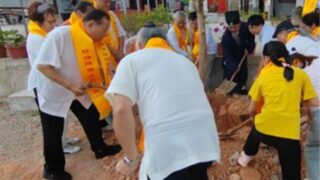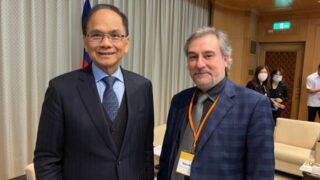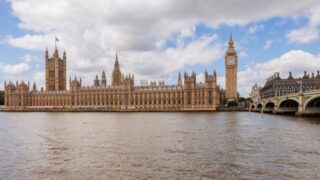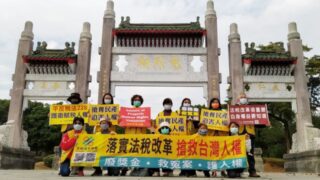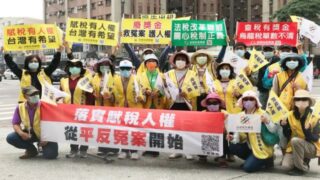A landmark decision on freedom of religion or belief may offer useful insights for the Tai Ji Men case.
by Massimo Introvigne*
*A paper presented at the seminar “California for Tai Ji Men: A Forum on Conscience, Justice, and Freedom of Belief,” co-organized by CESNUR and Human Rights Without Frontiers on October 13, 2023, in Pasadena, California.
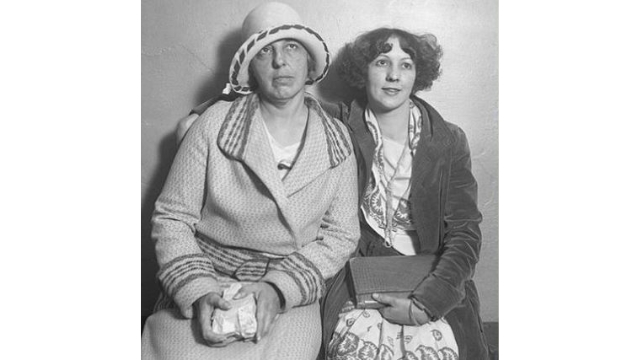

Courts in California have often created decisive precedents protecting freedom of religion or belief. In 1990, with the “Fishman” decision, the U.S. District Court for the Northern District of California defined the idea that new religious movements use “brainwashing” to control their followers as pseudo-scientific. It thus effectively put an end to the use of “brainwashing” arguments against groups stigmatized as “cults” in American courts.
Less well-known, but not less important for freedom of belief of new religious and spiritual movements is the “Blackburn” decision of 1931. Admittedly, it dealt with a somewhat extreme group, which certainly cannot be compared to Tai Ji Men. However, legal scholars know that it is precisely in dealing with extreme cases that key principles are affirmed by courts of law.
The case was about The Divine Order of the Royal Arms of the Great Eleven. Known in short as The Great Eleven, it was a Los Angeles new religious movement founded in 1922 by May Otis Blackburn.
May taught that she and her daughter Ruth were the Two Witnesses mentioned in the Book of Revelation, and were receiving revelations from Gabriel and other angels announcing apocalyptic events. Soon, the millennial reign of eleven God-appointed queens would come. The queens would have their palaces in Hollywood and include May and her daughter.
A disgruntled ex-members of the Great Eleven, Clifford Richard Dabney, part of a millionaire oil family, filed a complaint against Blackburn and claimed he had been fraudulently persuaded to donate significant sums of money to the group. Blackburn was arrested, prosecuted, and convicted by the Superior Court of Los Angeles County on March 2, 1930. The judges believed she had obtained money by fraud, and since the fruits of a fraud cannot be regarded as religious gifts, she was also guilty of tax evasion.
However, the decision was reversed on appeal on March 23, 1931. On November 30, 1931, the Supreme Court of California also found Blackburn not guilty. The Supreme Court Justices had no sympathy for The Great Eleven, and wrote that the movement’s “whole plan of life and salvation is a babel of incoherency abounding in absurdities.” However, the Supreme Court noted that Dabney, while he was a member of The Great Eleven was perfectly capable of functioning as a businessman and donated willingly.


The judges concluded that Dabney and others had accepted a strange interpretation of the Christian Scriptures but, being mentally competent, they had done it freely. According to the Justices, from Dabney’s point of view at the moment he made the donations, his choice was rational because he believed he could expect a bright future in this life and the next, and “the paltry dollars which he had expended (…) were as trifles compared with [the] priceless gifts” he hoped to acquire.
While not resisting the temptation to pass judgement on The Great Eleven’s doctrines as “absurdities,” the Supreme Court of California ultimately came to a strong statement of religious liberty and the principle that secular judges were forbidden to investigate whether Blackburn was really talking with angels and receiving revelations, and was in a position to guarantee a glorious millennial destiny to her followers, including Dabney.
Even in such an extreme case as the Great Eleven, the Supreme Court of California affirmed the principle that secular courts cannot asses the truth of spiritual doctrines. Unless the donor is mentally impaired, it should be presumed that donations are gifts freely given (no fraud) and tax-exempt (no tax evasion).


Let me repeat that we cannot compare a marginal movement such as The Great Eleven with Tai Ji Men and its praiseworthy global outreach for peace, love, and justice. However, case law that stands is often created out of marginal cases. The principles of the “Blackburn” decision are still quoted by American courts today.
They also apply to the Tai Ji Men case. Prosecutors, judges, and tax bureaucrats cannot evaluate the truth or quality of spiritual doctrines. In a democratic society, citizens should be free to join the spiritual movements they like, and if they contribute money to them, these should be considered as tax-exempt gifts. Affirming these principles is essential to protect freedom of religion or belief. California courts understood this more than ninety years ago. Taiwan authorities should do the same in the Tai Ji Men case.



